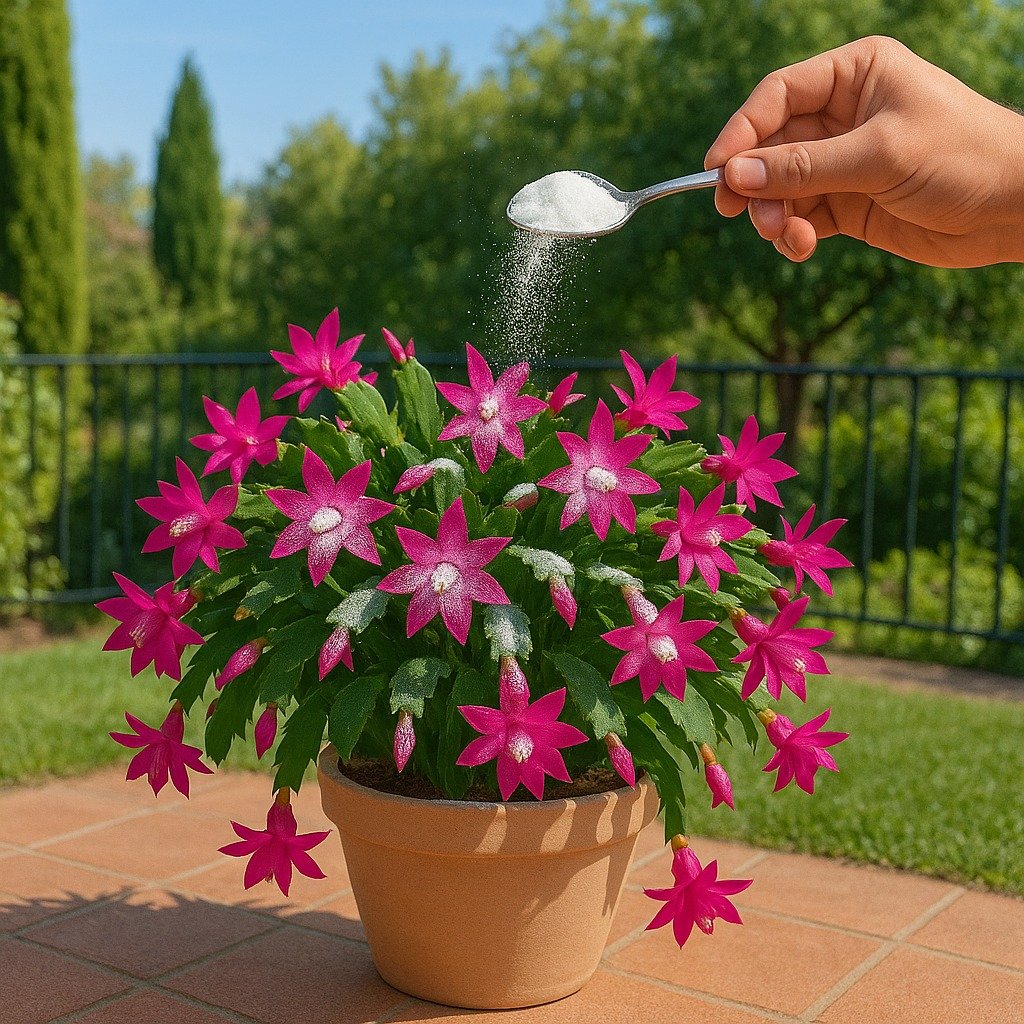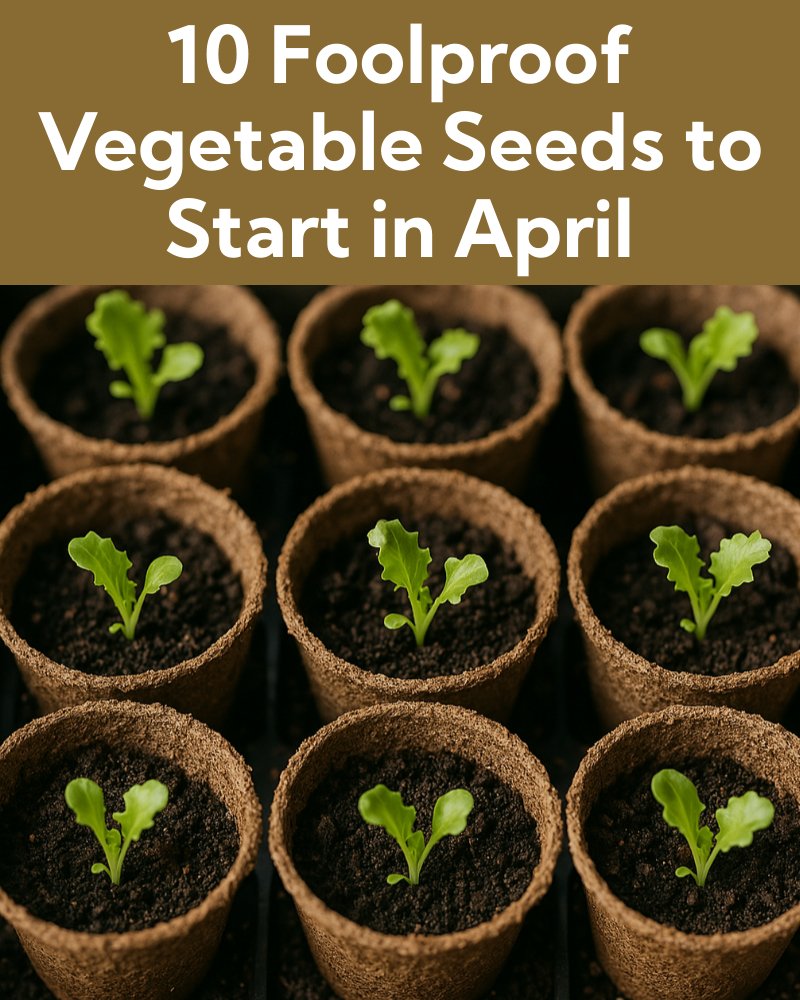The Problem with Non-Flowering Plants
Many people experience frustration when their flowering plants stop producing blooms. This can happen due to a variety of reasons: poor soil nutrition, lack of sunlight, incorrect watering, or simply the absence of the right nutrients necessary for floral development.
To help plants bloom, you need to provide nutrients that stimulate and support the flowering process. The key lies in two natural ingredients: bone meal and vegetable charcoal.
Fertilizer #1: Bone Meal – A Natural Source of Potassium
Bone meal is a traditional and highly effective organic fertilizer derived from animal bones that have been ground into a fine powder. It’s commonly found in gardening centers, agricultural stores, and larger supermarkets in the gardening section.
What makes bone meal so effective for flowering plants is its high phosphorus and potassium content, both of which are essential for flower production. Potassium, in particular, plays a vital role in:
- Enhancing flower size and color
- Strengthening plant tissues
- Improving disease resistance
- Boosting the overall vitality of plants
Using bone meal regularly can significantly improve the chances of healthy and consistent flowering, especially in plants that are struggling to bloom.
Fertilizer #2: Vegetable Charcoal – A Soil Enhancer Rich in Nutrients
The second ingredient is vegetable charcoal—but it’s very important to use the correct type. This should be raw vegetable charcoal, not the type used in barbecue grills, which usually contains grease, chemicals, and salt. These substances are harmful to plants.
Vegetable charcoal, in its pure form, is a natural source of:
- Carbon – Improves soil structure and promotes beneficial microbial life
- Magnesium and Boron – Essential for chlorophyll production and nutrient absorption
- Organic Matter – Helps retain moisture and improve soil aeration
Together, these nutrients work to enhance plant development, especially when paired with the phosphorus-rich bone meal.
How to Prepare This Bloom-Boosting Fertilizer Solution
Ingredients:
- 500 ml of water (preferably chlorine-free)
- 1 heaping tablespoon of bone meal
- 2 heaping tablespoons of vegetable charcoal (crushed)
Instructions:
- Combine ingredients: In a clean container, add the water, bone meal, and vegetable charcoal.
- Mix well: Stir the solution thoroughly for a couple of minutes to begin dissolving the nutrients into the water.
- Rest period: Allow the mixture to sit and rest for approximately 30 minutes. This steeping process helps release the essential nutrients into the liquid.
- Application: After the resting period, the solution is ready to use. Pour it directly at the base of flowering plants. There’s no need to filter the mixture.
How Often Should You Apply?
Apply this fertilizer once every 7 days for best results. Over time, you should notice:
- Increased number and size of blooms
- Healthier foliage
- Stronger, more resilient stems
- Improved plant vitality
This solution can be used for any type of flowering plant, including but not limited to:
- Petunias
- Violets
- Desert roses
- Orchids
- Hibiscus
- Azaleas
Example: Petunias in Full Bloom
Petunias are one of the most rewarding flowering plants but can be finicky when it comes to blooming. Using this fertilizer combination weekly can make a dramatic difference.
It’s important to also keep in mind a few key care tips for petunias:
- Sunlight: They require at least 2 hours of sunlight daily.
- Watering: Water moderately, avoiding overwatering which can lead to root rot.
- Regular feeding: Consistent fertilization helps maintain abundant flowering.
When used properly, the bone meal and charcoal solution helps petunias develop stronger roots and more vibrant flowers. With consistent use, even a previously dull petunia plant can become full of life and color.
Final Thoughts
Natural gardening solutions are not only more affordable—they’re often more effective and environmentally friendly. By combining bone meal and vegetable charcoal, you provide your flowering plants with a comprehensive nutrient boost that supports both soil health and floral development.
If you’ve been struggling with non-flowering plants or just want to enhance the beauty of your garden, this simple, homemade fertilizer could be the answer. Try it out and watch your plants thrive, blooming beautifully week after week.



